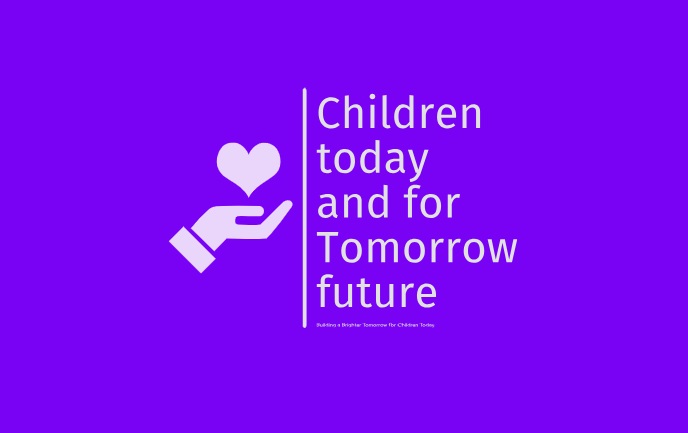Polio Vaccination
Polio, short for poliomyelitis, is a highly contagious viral disease that primarily affects young children. While the world has made significant progress in eradicating polio, it remains a threat in certain regions. In this article, we emphasize the critical role parents play in ensuring their children receive the polio vaccine. By understanding the importance of vaccination and actively participating in immunization programs, parents can contribute to the global effort to eradicate polio once and for all.
Understanding Polio
Polio is caused by the poliovirus, which is transmitted through contaminated food, water, or contact with an infected person. The virus attacks the nervous system, leading to paralysis or even death. Polio can cause lifelong disabilities, robbing children of their ability to walk, play, and lead a normal life. Vaccination is the most effective way to prevent polio and protect children from its devastating consequences.
The Power of Vaccination
Vaccination is a powerful tool in the fight against polio. The polio vaccine stimulates the immune system to produce antibodies that provide immunity against the virus. By vaccinating children, we not only protect them individually but also contribute to the collective immunity of the community, known as herd immunity. This helps prevent the spread of the virus, protecting vulnerable individuals who cannot receive the vaccine due to medical reasons.
Importance of Routine Immunization
Routine immunization is essential to safeguard children against polio. It is recommended that children receive multiple doses of the polio vaccine, starting from infancy. The primary series of doses is typically administered at two, four, and six months of age, followed by booster doses at 18 months and four to six years. By adhering to the recommended immunization schedule, parents can ensure their children receive optimal protection against polio.
Community Health Centers: A Vital Resource
Community health centers play a crucial role in providing access to polio vaccination. Parents should visit their local health centers to ensure their children receive the vaccine according to the recommended schedule. These centers offer professional guidance, support, and accurate information regarding vaccines, including the polio vaccine. By actively engaging with community health centers, parents can stay informed and take proactive steps to protect their children's health.
Dispelling Vaccine Misinformation
In recent years, misinformation and misconceptions surrounding vaccines have led to vaccine hesitancy. It is important for parents to seek information from credible sources, such as healthcare professionals and reputable organizations, to make informed decisions about vaccination. Vaccines, including the polio vaccine, undergo rigorous testing and are proven to be safe and effective in preventing diseases.
Global Polio Eradication Efforts
The global community has made remarkable progress in eradicating polio. Through coordinated efforts, including vaccination campaigns, surveillance, and monitoring, the number of polio cases has significantly decreased. However, the fight is not over. It is crucial for parents to actively participate in immunization programs, ensuring their children receive the polio vaccine and contribute to the global effort to eradicate polio once and for all.
Polio is a preventable disease, and vaccination is the key to protecting our children from its devastating effects. By understanding the importance of routine immunization and actively engaging with community health centers, parents can ensure their children receive the polio vaccine and contribute to the global efforts to eradicate polio. Let us prioritize the health and well-being of our children by taking proactive steps to protect them from polio and other vaccine-preventable diseases.
Hi Hello Please Support Us by Donating a Little its a Big Help to Us! Thank you
G-Cash +639552394832 and PayPal: Please Support Us



No comments:
Post a Comment